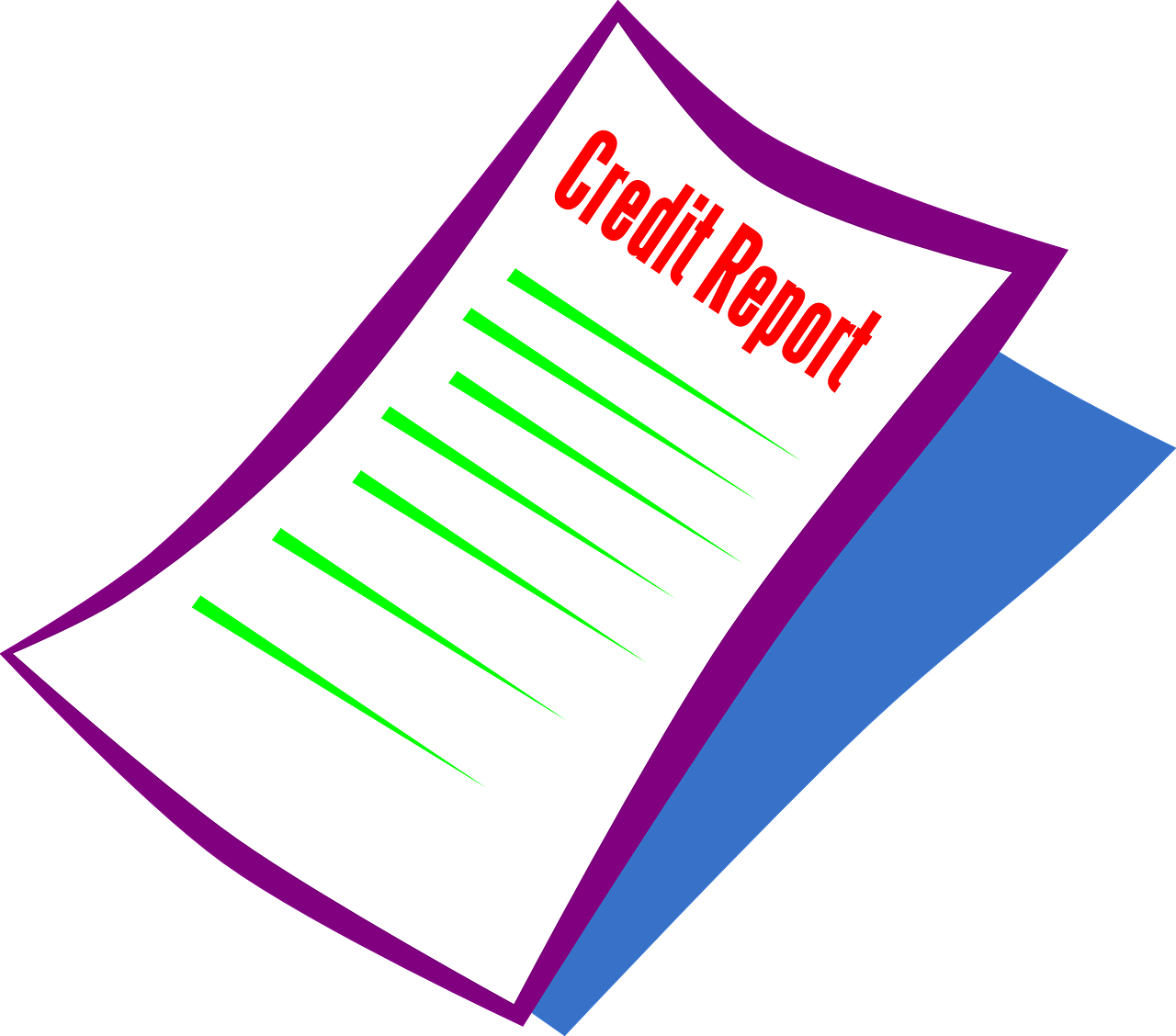Good Options for Bad Credit
Business owners with low credit scores can still access various loan options, though the terms may differ from those offered to those with better credit. Here’s a breakdown of the primary options available:
1. Business Term Loans from Alternative Lenders
- Description: Unlike traditional banks, alternative lenders may offer business term loans to low-credit applicants.
- Loan Amount: Typically ranges from $5,000 to $500,000.
- Interest Rates: Higher rates, usually ranging from 10% to 30%+.
- Repayment Terms: Usually 1 to 5 years.
- Eligibility: Requires business financials, consistent revenue, and sometimes a personal guarantee.
- Notable Lenders: OnDeck, BlueVine, Fundbox.
2. Merchant Cash Advances (MCAs)
- Description: A lump-sum advance repaid through a percentage of future sales.
- Loan Amount: Ranges from $5,000 to $250,000.
- Interest Rates: Factor rates instead of APR; typically 1.2 to 1.5 times the advance.
- Repayment Terms: Daily or weekly deductions from revenue until repayment.
- Eligibility: Based on daily credit card sales rather than credit score.
- Notable Lenders: Rapid Finance, Credibly, CAN Capital.
3. Invoice Financing (Factoring)
- Description: Borrowing against unpaid invoices; lenders advance funds for invoices due in the future.
- Loan Amount: Typically 70% to 90% of invoice value.
- Interest Rates: Factor fees (1% to 5% of invoice value).
- Repayment Terms: Loan repaid when the customer pays the invoice.
- Eligibility: Based on the creditworthiness of clients rather than the business owner’s credit score.
- Notable Lenders: Fundbox, BlueVine, Triumph Business Capital.
4. Equipment Financing
- Description: Loans or leases to purchase business equipment, using the equipment as collateral.
- Loan Amount: Up to 100% of the equipment’s value.
- Interest Rates: Generally 8% to 30% depending on creditworthiness.
- Repayment Terms: 1 to 7 years.
- Eligibility: Low credit scores can be accepted if the equipment value covers the loan.
- Notable Lenders: Crest Capital, Balboa Capital.
5. Microloans
- Description: Smaller loans from nonprofit organizations or community development financial institutions (CDFIs).
- Loan Amount: Up to $50,000.
- Interest Rates: Typically lower than alternative lenders, around 8% to 15%.
- Repayment Terms: 1 to 6 years.
- Eligibility: More lenient toward low credit scores but require a strong business plan.
- Notable Lenders: Kiva, Accion Opportunity Fund, Grameen America.
6. Personal Loans for Business
- Description: Personal loans used to fund a business, often a last resort.
- Loan Amount: $1,000 to $100,000.
- Interest Rates: Vary widely but typically 10% to 35% for low-credit borrowers.
- Repayment Terms: 1 to 7 years.
- Eligibility: Based solely on the personal credit score, with higher rates for low scores.
- Notable Lenders: LendingClub, Upgrade, Upstart.
7. Business Credit Cards for Bad Credit
- Description: Credit cards designed for business owners with poor credit, often with lower credit limits.
- Loan Amount: $500 to $10,000 in revolving credit.
- Interest Rates: 20% to 30% APR.
- Repayment Terms: Ongoing, based on usage and monthly payments.
- Eligibility: Easier to qualify, though higher interest and fees apply.
- Notable Lenders: Capital One Spark Classic, Wells Fargo Business Secured.
Key Considerations for Low-Credit Borrowers:
- Collateral: Many of these loans require collateral (e.g., equipment, invoices) to secure the loan.
- Higher Costs: Low-credit loans often come with higher interest rates and fees.
- Revenue-Based: Some options, like MCAs and invoice factoring, focus on cash flow rather than credit.
- Improve Credit: Taking steps to improve your credit score can expand financing options and lower future costs.
While these loans offer access to capital, business owners should carefully assess the terms, as high rates and fees can be challenging to manage if the business’s cash flow is inconsistent.

